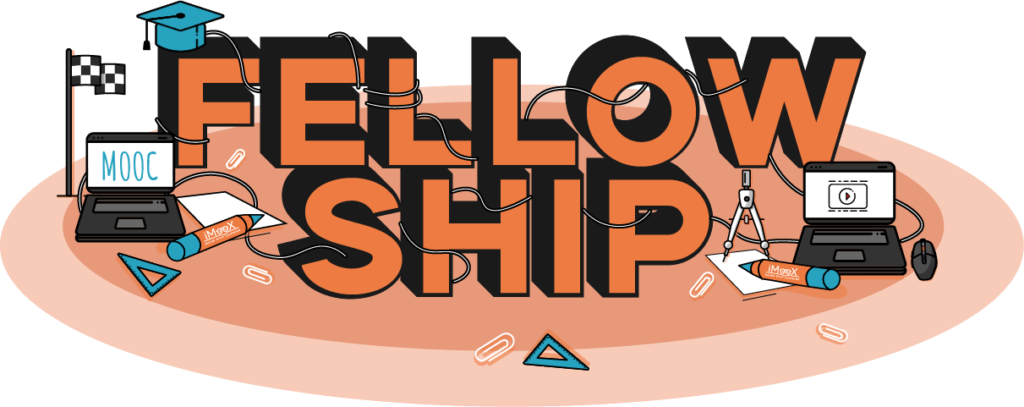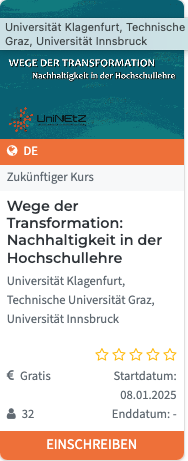Heute startet der MOOC über „Offene Bildungsressourcen 2025“ – zusammen mit der Universität Wien, der Universität für Weiterbildung Krems und der Universität für Bodenkultur haben wir diesen MOOC entwickelt, welcher nun im Rahmen der OER-Zertifizierung verwendet werden kann. Gerne können diese auch andere Hochschulen für ihre Weiterbildung verwenden – wenn eine Kooperation gewünscht ist bitte einfach unkompliziert bei uns melden. Ebenso wenn man an einer nationalen Zertifizierung interessiert ist, einfach ein E-Mail an martin.ebner [at] tugraz.at schreiben.
Open Educational Resources (kurz OER) sind Bildungsmaterialien, die frei zugänglich sind und bearbeitet, angepasst und weitergegeben werden können, ohne gegen Urheberrechte zu verstoßen. Das gelingt, weil dazu sog. „offene Lizenzen“ oder gemeinfreie Materialien genutzt werden.
In diesem Kurs wird in das Konzept von Open Educational Resources für Studierende und Lehrende an Hochschulen eingeführt. OER sind nicht nur für internationale Vereinigungen wie UNESCO ein wichtiges bildungspolitisches Thema, OER sind auch ein Bestandteil der Forderung nach „Open Science“.
Im Kurs wird zudem gezeigt, wie und wo OER gesucht und veröffentlicht werden können. Und natürlich werden auch offene Lizenzen wie CC-0, CC BY und CC BY-SA erklärt.
Hier gibt es auch das erste Einführungsvideo:
Die Teilnahme ist natürlich kostenlos: [Anmeldung zum kostenlosen MOOC]








